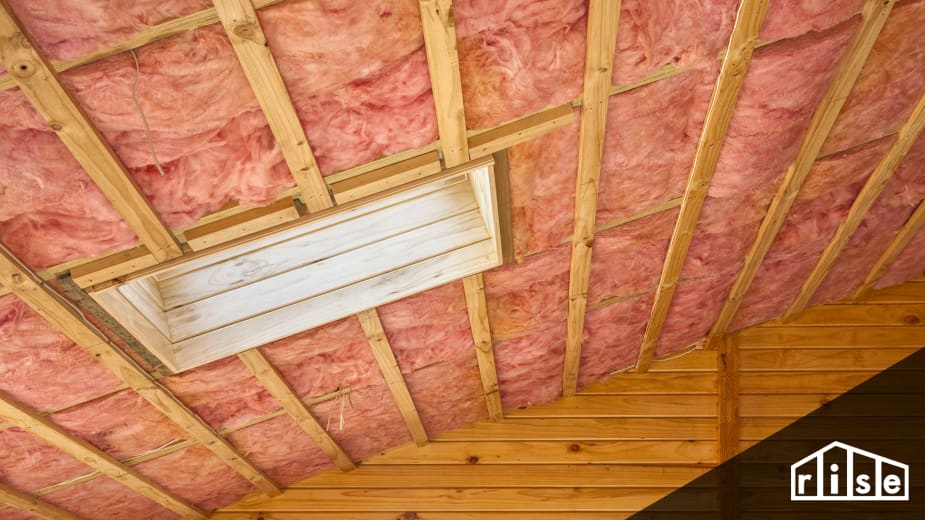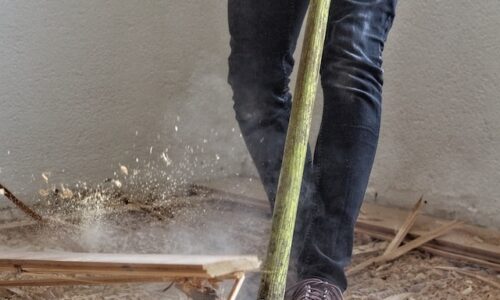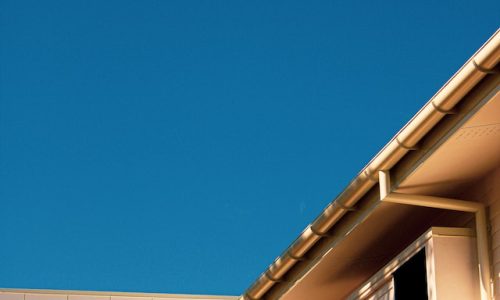- Home
- DIY & Rennovation
- Reasons Why We Need to Use Fiberglass

Reasons Why We Need to Use Fiberglass
There are a variety of reasons why we need to use fiberglass. They include cost, durability, insulation, and resistance to corrosive chemicals. It also has good absorption properties.
Insulation
Fiberglass insulation is a highly durable material that can last up to 100 years without maintenance. This makes it an attractive choice for homeowners. It is also easy to fabricate.
When Fiberglass Dock Boxes are blown into a wall cavity, it creates a continuous membrane, slowing the passage of heat and moisture. In addition, the millions of air pockets that fill the fiberglass provide a superior thermal barrier.
Besides being a thermal insulator, fiberglass is also highly durable. Moreover, because of its flexibility, it is suitable for various locations in a home.
There are many different types of fiberglass insulation. They include batts and rolls. These products can be used on walls, floors, and ceilings.
Choosing the right type of insulation depends on where you live, how much of it you want, and the thickness of the batts. Insulation is an essential part of home energy efficiency.
Sound absorption
Fiberglass is a porous material that effectively blocks sound waves from one room to another. It also works as a thermal insulator.
There are many different types of fiberglass insulation. The type you need will depend on your project. For example, you might want to consider a product that uses a polyurethane vapor barrier to keep rashes and itchiness at bay.
You can opt for rock wool for a more durable acoustic material. Rock wool is a natural material that is not flammable and is non-permeable to water. In addition, it absorbs heat and is highly effective at keeping fires at bay.
Rockwool is cheaper and can also be a good choice if you don’t have the budget for fiberglass. However, this product is not as efficient as fiberglass in sound absorption.
Resistance to corrosive chemicals
Fiberglass-reinforced polymer (FRP) is a composite material used in various industrial and consumer applications. It is a lightweight and rot-resistant material. FRP structures can be manufactured to fit any shape and size.
Fiberglass is also very durable. The strength of fiberglass comes from the manufacturing process known as pultrusion. This process creates consistent cross-sections and allows for the formation of permanent, reinforced parts.
During manufacturing, glass and resin are continuously guided through a heated die. After the process, the resin is cured to form a permanent reinforced part.
Fiberglass reinforced plastic has long been used for corrosive environments. For example, it is often used in tank construction, piping, and scrubbers. These applications require a durable, corrosion-resistant material that can endure heavy loads.
Fiberglass has several properties that make it a great choice for corrosive environments. In addition to being resistant to corrosion, fiberglass has an extremely high strength-to-weight ratio. Combined with its lightweight nature, this characteristic makes it a cost-effective option.
Durability
Fiberglass is a strong, lightweight material that has many advantages. It can withstand extreme temperatures and is resistant to moisture. Some of its primary uses are boats and aircraft.
However, fiberglass has also been criticized for its environmental risks. As a result, the EPA regulates its production to limit the release of toxic chemicals and air pollutants. For this reason, proper disposal of older fiberglass is essential.
Durability is a critical issue for high-volume applications. To develop a better understanding of the durability of composites, it is necessary to study their properties under a variety of conditions.
One of the most common sources of degradation in composites is water. Therefore, a series of experiments were conducted to quantify the effects of water on its mechanical properties. These experiments included freeze/thaw cycling, water absorption, and saltwater immersion.
Cost
Fiberglass swimming pools are becoming more and more popular. They are affordable and offer the added benefit of being low maintenance. There are many reasons why you should consider having one installed.
The first is that fiberglass pool maintenance costs are much less than concrete. If you hire a professional, you can expect to pay between $15 and $20 monthly.
Besides the costs, there are other things you will need to consider. This includes supplies, equipment, and chemicals. You might also want to consider adding features like fencing or pool lights. These may add to your maintenance budget, but they will enhance the overall experience.
One of the most expensive parts of a fiberglass pool is the installation. A full-on installation takes about two weeks, depending on the pool size.





